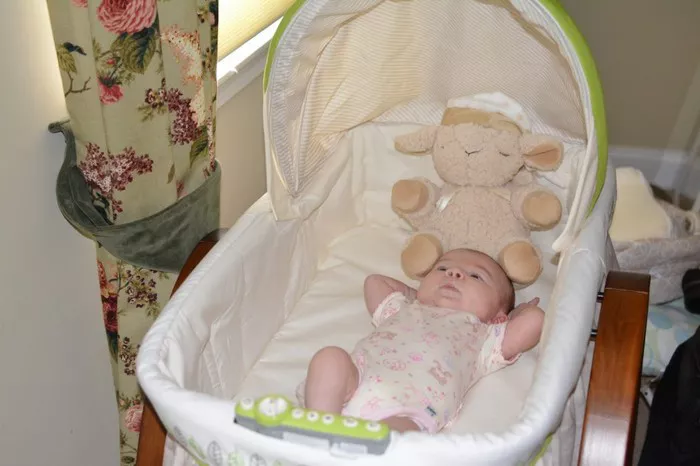When preparing for the arrival of a newborn, parents often meticulously plan every detail, from selecting the softest blankets to the safest crib. Among these considerations is whether or not to include a pillow for the newborn. While it may seem like a comforting addition to a baby’s sleep environment, the question of whether newborns actually need pillows is a critical one, with implications for both comfort and safety.
Understanding the Physiology of Newborns
To address the question of whether newborns need pillows, it’s essential to first understand the unique physiology of infants. Unlike adults or older children, newborns have underdeveloped neck muscles and limited control over their head movements. This lack of muscular strength and coordination means that newborns are unable to adjust their position if their airway becomes obstructed, making them particularly vulnerable to suffocation.
Furthermore, newborns have soft, pliable skulls with fontanelles, or soft spots, that allow for the rapid growth of the brain during infancy. Placing a pillow under the head of a newborn could potentially apply pressure to these delicate structures, leading to deformation or interference with proper skull development.
Safety Concerns Associated with Newborn Pillows
One of the primary concerns regarding the use of pillows for newborns is the risk of suffocation. Infants lack the strength and mobility to reposition themselves if their airway becomes blocked by a pillow or other soft bedding. This risk is especially pronounced during sleep, when babies are in a prone (face-down) position, as pillows can easily shift and obstruct the airway.
Additionally, pillows pose a suffocation hazard if a baby accidentally rolls onto their side or stomach while sleeping. The soft surface of the pillow can conform to the shape of the infant’s face, increasing the risk of asphyxiation.
Moreover, pillows may also contribute to the risk of sudden infant death syndrome (SIDS), a tragic and unexplained phenomenon that claims the lives of thousands of infants each year. While the exact cause of SIDS remains unknown, experts believe that environmental factors, including the presence of soft bedding such as pillows, can increase the likelihood of SIDS occurring.
Optimal Sleep Environment for Newborns
To provide a safe sleep environment for newborns, experts recommend adhering to the guidelines set forth by organizations such as the American Academy of Pediatrics (AAP) and the Centers for Disease Control and Prevention (CDC). These guidelines emphasize the importance of creating a bare sleep space for infants, free from pillows, blankets, stuffed animals, and other potential suffocation hazards.
Instead of using a pillow, parents can ensure their newborn’s comfort by selecting a firm, flat mattress that meets safety standards. Additionally, lightweight and breathable sleep clothing, such as sleep sacks or wearable blankets, can help regulate a baby’s body temperature without the need for additional bedding.
Alternatives to Traditional Pillows for Newborns
While traditional pillows are not recommended for newborns, there are alternative options available that provide support and comfort without compromising safety. One such alternative is a specialized infant sleep positioner, designed to help keep babies in a safe sleeping position on their backs. These positioners often feature a contoured shape or raised edges to provide gentle support for the baby’s head and neck.
Another option is a breastfeeding pillow, which is designed to support the mother during nursing sessions but can also be used to prop up a newborn during supervised awake time. These pillows are typically firmer than traditional pillows and provide a stable surface for the baby to rest on while interacting with caregivers.
Conclusion
In conclusion, newborns do not need traditional pillows for sleep, and their use can pose serious safety risks, including suffocation and SIDS. Instead, parents should focus on creating a safe sleep environment for their infant by following established guidelines and recommendations. By providing a firm, flat mattress and eliminating soft bedding from the sleep space, parents can help reduce the risk of sleep-related accidents and ensure their newborn’s safety and well-being. Ultimately, prioritizing safe sleep practices is essential for promoting healthy development and minimizing the risk of sleep-related injuries or fatalities in infants.


